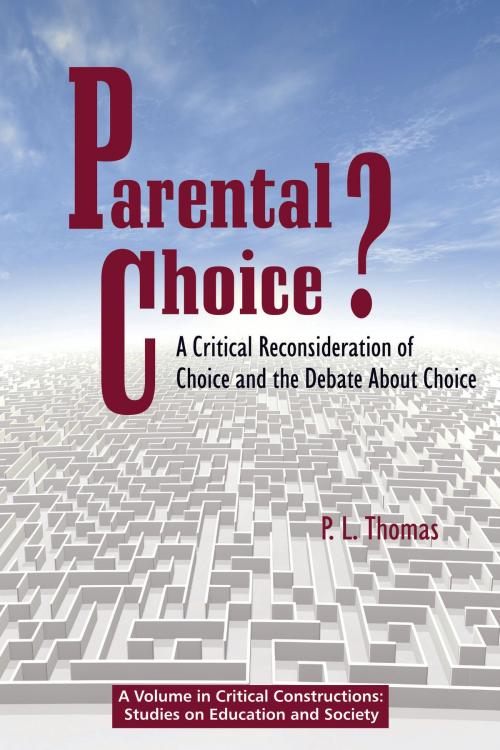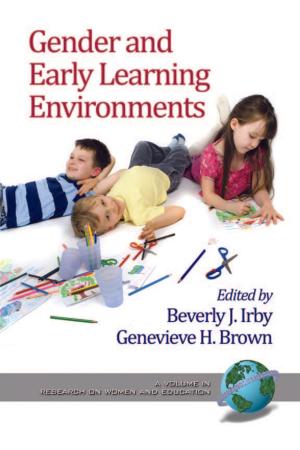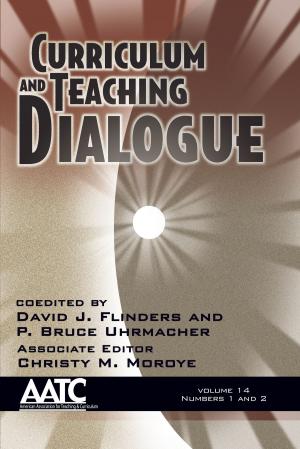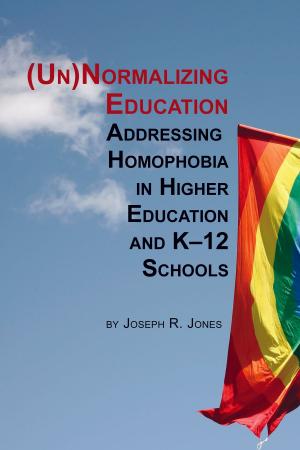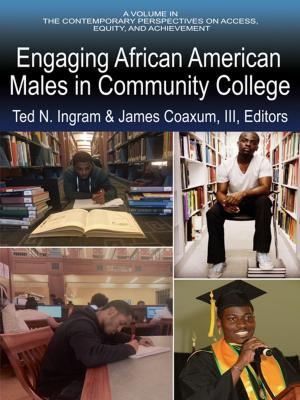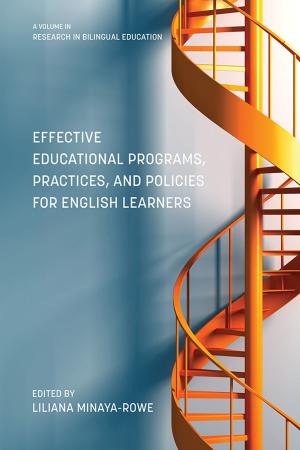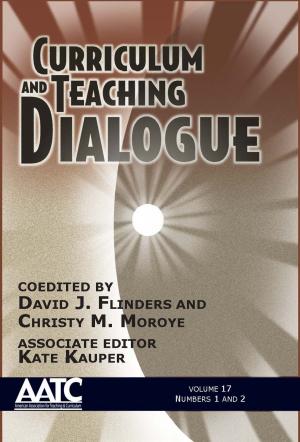Parental Choice?
A Critical Reconsideration of Choice and the Debate about Choice
Nonfiction, Reference & Language, Education & Teaching, Higher Education, Administration| Author: | P. L. Thomas | ISBN: | 9781617350917 |
| Publisher: | Information Age Publishing | Publication: | July 1, 2010 |
| Imprint: | Information Age Publishing | Language: | English |
| Author: | P. L. Thomas |
| ISBN: | 9781617350917 |
| Publisher: | Information Age Publishing |
| Publication: | July 1, 2010 |
| Imprint: | Information Age Publishing |
| Language: | English |
Education has rarely been absent from local and national public discourse. Throughout the history of modern education spanning more than a century, we have as a culture lamented the failures of public schooling, often making such claims based on assumptions instead of any nuanced consideration of the many influences on teaching and learning in any child's life—notably the socioeconomic status of a student's family. School reform, then, has also been a frequent topic in political discourse and public debate. Since the midtwentieth century, a rising call for market forces to replace governmentrun schooling has pushed to the front of those debates. Since A Nation at Risk in the early 1980s and the implementation of No Child Left Behind at the turn of the twentyfirst century, a subtle shift has occurred in the traditional support of public education—fueled by the misconception that private schools out perform public schools along with a naive faith in competition and the promise of the free market. Political and ideological claims that all parents deserve school choice has proven to be a compelling slogan. This book unmasks calls for parental and school choice with a postformal and critical view of both the traditional bureaucratic public school system and the current patterns found the body of research on all aspects of school choice and private schooling. The examination of the status quo and marketbased calls for school reform will serve well all stakeholders in public education as they seek to evaluate the quality of schools today and form positions on how best to reform schools for the empowerment of free people in a democratic society.
Education has rarely been absent from local and national public discourse. Throughout the history of modern education spanning more than a century, we have as a culture lamented the failures of public schooling, often making such claims based on assumptions instead of any nuanced consideration of the many influences on teaching and learning in any child's life—notably the socioeconomic status of a student's family. School reform, then, has also been a frequent topic in political discourse and public debate. Since the midtwentieth century, a rising call for market forces to replace governmentrun schooling has pushed to the front of those debates. Since A Nation at Risk in the early 1980s and the implementation of No Child Left Behind at the turn of the twentyfirst century, a subtle shift has occurred in the traditional support of public education—fueled by the misconception that private schools out perform public schools along with a naive faith in competition and the promise of the free market. Political and ideological claims that all parents deserve school choice has proven to be a compelling slogan. This book unmasks calls for parental and school choice with a postformal and critical view of both the traditional bureaucratic public school system and the current patterns found the body of research on all aspects of school choice and private schooling. The examination of the status quo and marketbased calls for school reform will serve well all stakeholders in public education as they seek to evaluate the quality of schools today and form positions on how best to reform schools for the empowerment of free people in a democratic society.
